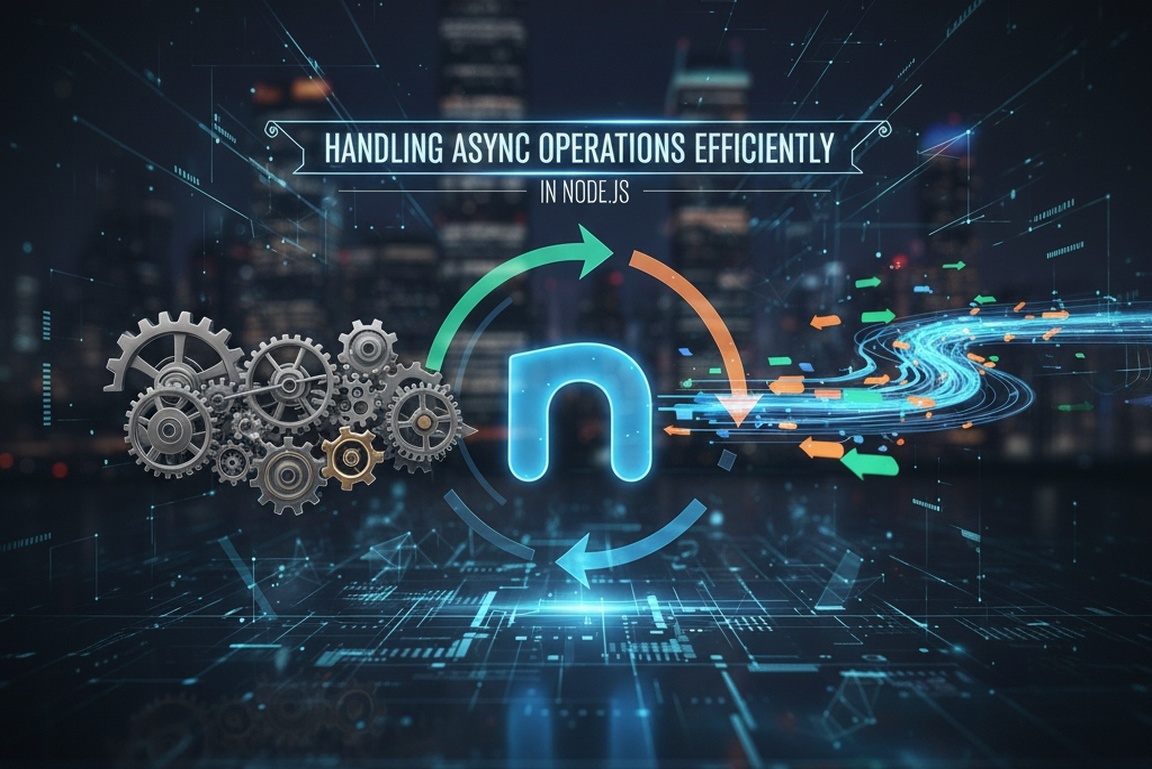
Why Business Development Leaders Must Understand Emerging Tech
Why Business Development Leaders Must Understand Emerging Tech Karan Kumar 26/09/2025 Why Tech Awareness Matters in Business Development The role of business development has evolved drastically. Building relationships and pitching services is no longer enough. Clients today are more informed, markets are more competitive, and solutions are becoming deeply technical. Business Development Leaders who understand […]

.webp)



